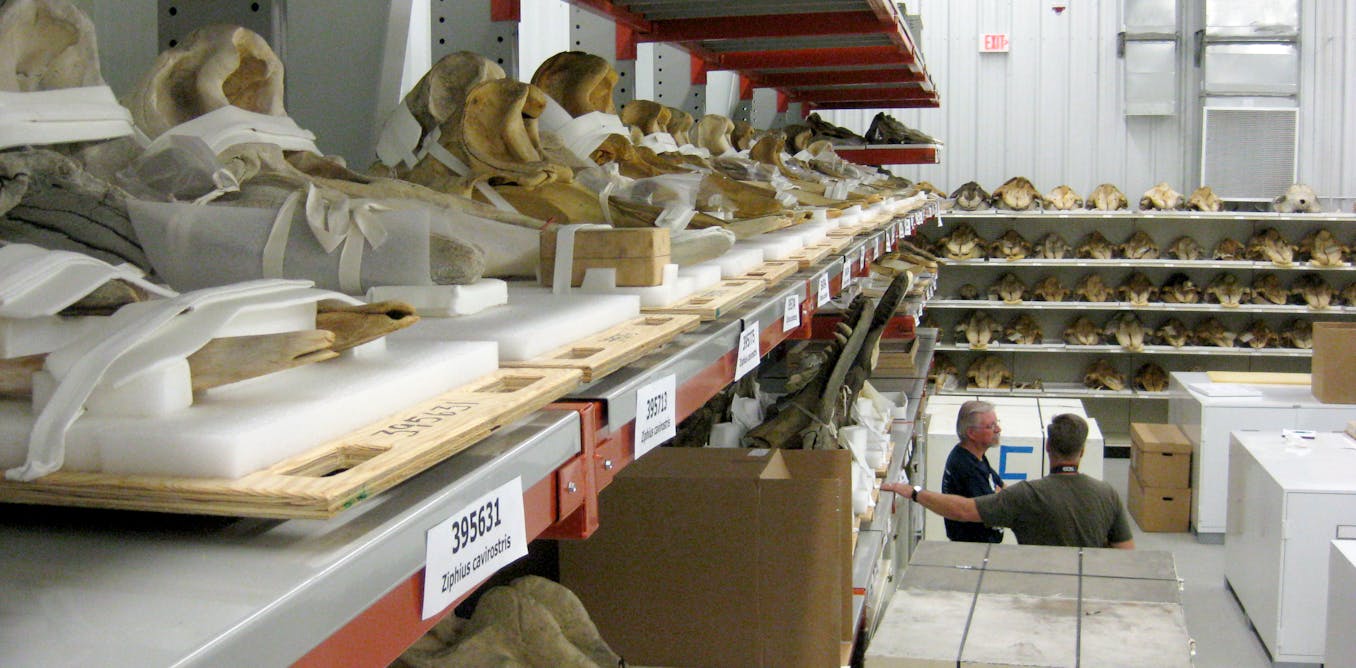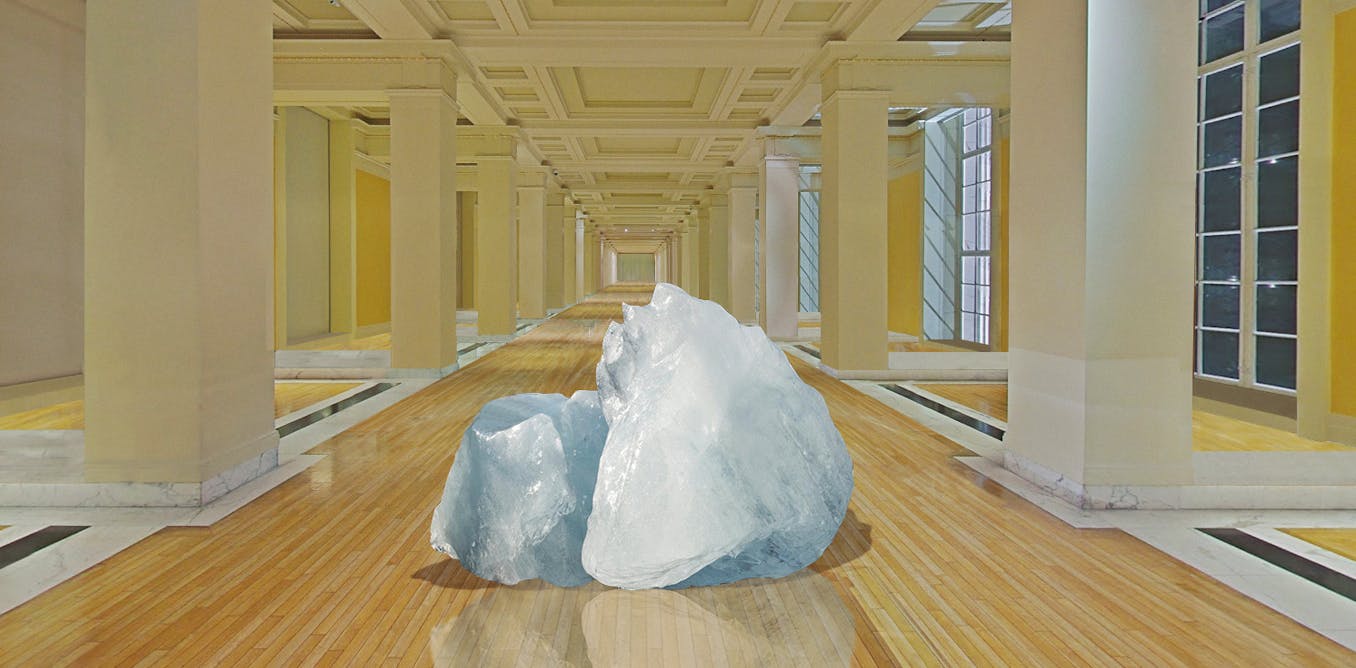Museum specimens could help fight the next pandemic – why preserving collections is crucial to future scientific discoveries
Specimen preservation means researchers don't need to reinvent the wheel each time they ask a new question, making it critical for the advancement of science. But many specimens are discarded or lost.
Bryan McLean, Assistant Professor of Biology, University of North Carolina – Greensboro •
conversation
Dec. 16, 2020 • ~11 min
Dec. 16, 2020 • ~11 min
Giant 'toothed' birds flew over Antarctica 40 million to 50 million years ago
Paleontologists have discovered fossil remains belonging to an enormous 'toothed' bird that lived for a period of about 60 million years after dinosaurs.
Peter A. Kloess, Doctoral Candidate, Integrative Biology, University of California, Berkeley
• conversation
Oct. 27, 2020 • ~7 min
Oct. 27, 2020 • ~7 min
Museums preserve clues that can help scientists predict and analyze future pandemics
Genetic information that could help finger the next infectious threat is stored in museums around the world.
Richard Yanagihara, Professor of Pediatrics and Principal Investigator, Pacific Center for Emerging Infectious Diseases Research, University of Hawaii •
conversation
June 24, 2020 • ~9 min
June 24, 2020 • ~9 min
Tomanowos, the meteorite that survived mega-floods and human folly
Tomanowos, aka the Willamette Meteorite, may be the world's most interesting rock. Its story includes catastrophic ice age floods, theft of Native American cultural heritage and plenty of human folly.
Daniel Garcia-Castellanos, Earth scientist, Instituto de Ciencias de la Tierra Jaume Almera (ICTJA - CSIC) •
conversation
April 24, 2020 • ~8 min
April 24, 2020 • ~8 min
/
2





